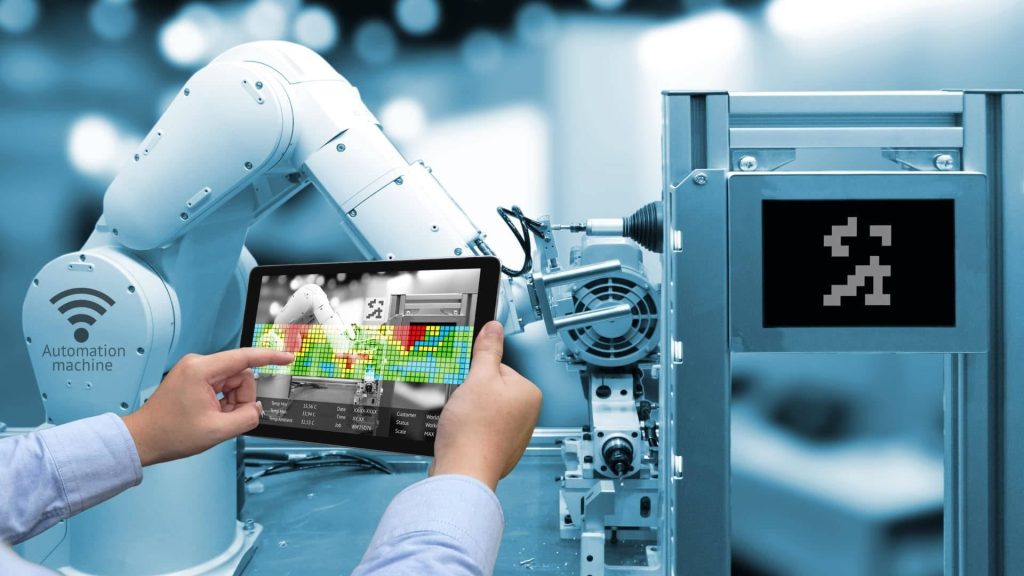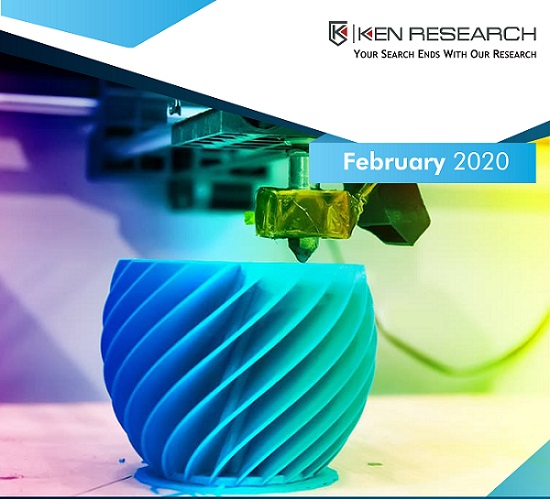The hum of machinery and the tireless work of factory floors have long-defined manufacturing. But today, a new era is dawning. Industrial automation is transforming production lines, and at the forefront are the innovative companies driving this revolution. As a market research expert, I’m here to illuminate the top industrial automation companies, the ever-evolving industrial automation market, and the latest trends shaping this exciting landscape. Buckle up because we’re about to meet the key players and explore the future of automated manufacturing!
The Titans of Automation: Leading the Charge
The industrial automation market is a complex ecosystem with diverse players. However, some companies consistently stand out as global leaders:
- Industrial Automation Giants: Household names like ABB, Siemens, Rockwell Automation, and Schneider Electric are at the forefront, offering a comprehensive range of automation solutions, from industrial robots and control systems to software and services.
- Emerging Innovators: A wave of innovative startups is also making its mark, developing cutting-edge automation technologies like cobots (collaborative robots) and AI-powered machine learning solutions.
A Market on the Move: Numbers with Impact
Market research paints a clear picture: the global industrial automation market is a powerhouse, projected to reach a staggering USD 395.09 billion by 2029, boasting a remarkable CAGR (Compound Annual Growth Rate) of 9.8%. These impressive stats signify the growing importance of automation in a globally competitive manufacturing landscape.
Beyond the Names: Latest Trends in Industrial Automation
Let’s delve into some of the most exciting trends shaping the industrial automation market:
- The Rise of the Machines: Industrial robots are becoming more sophisticated and affordable, performing an ever-wider range of tasks, from welding and assembly to material handling and quality control.
- The Smart Factory Revolution: Factories are becoming more innovative, with connected machines and sensors collecting real-time data to optimize production processes and predict maintenance needs. This is driven by the Industrial Internet of Things (IIoT), a network of connected devices that allows for greater automation and control.
- The Power of AI: Artificial intelligence (AI) is making its way onto the factory floor, enabling machines to learn, adapt, and make real-time decisions. This can further revolutionize areas like predictive maintenance and quality control.
Why the Growth? Factors Fueling the Automation Boom
Several vital drivers are propelling the industrial automation market’s remarkable growth:
- Labor Cost & Skill Shortage: Rising labour costs and a shortage of skilled workers in some regions are pushing companies to automate tasks to maintain competitiveness.
- Global Demand: The increasing demand for manufactured goods pressures companies to produce more efficiently and consistently. Industrial automation allows them to meet this demand.
- Technological Advancements: Continuous advancements in robotics, AI, and other automation technologies make them more affordable and accessible for manufacturers of all sizes.
A Look Ahead: The Evolving Future of Automation

Market research suggests some exciting possibilities for the future of the industrial automation market:
- Collaborative Work: Collaborative robots (cobots) are designed to work safely alongside humans, allowing for a more efficient and flexible production environment.
- Focus on Cybersecurity: As factories become more connected, cybersecurity threats will become more prevalent. We can expect a growing emphasis on robust security measures to protect industrial automation systems from cyberattacks.
- Sustainability in Manufacturing: Industrial automation can make manufacturing processes more sustainable. For example, robots can be programmed to use less material and energy.
Conclusion
The industrial automation market is not just about companies and technology; it’s about shaping the future of manufacturing. Top industrial automation companies play an important role in revolutionizing how we make things by offering innovative solutions, fostering collaboration, and focusing on sustainability. With its impressive market size, focus on cutting-edge technology and commitment to a more efficient and sustainable future, the industrial automation market offers a world of possibilities to explore. So, whether you’re a manufacturer, an engineer, or simply interested in the future of technology, keep an eye on the automation all-stars – they’re shaping the world we live in, one automated process at a time.
